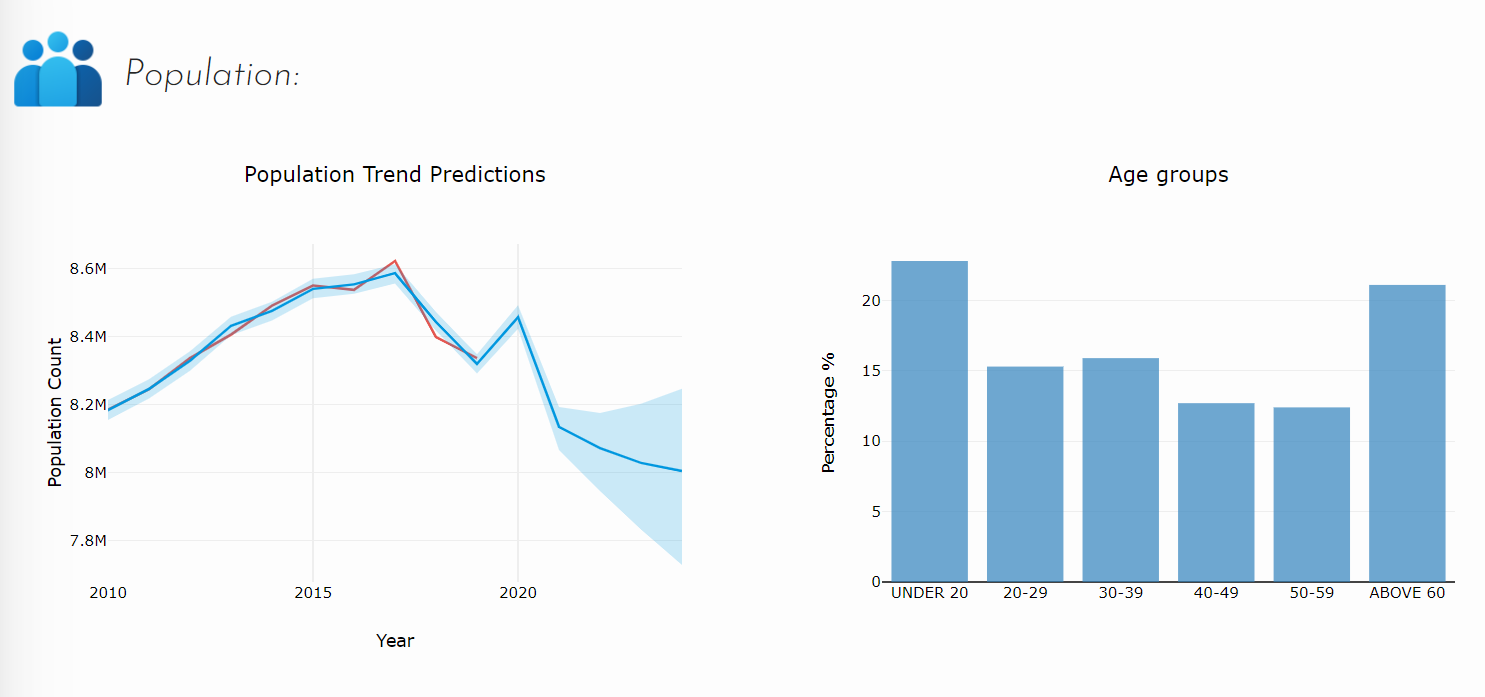As part of my Lambda School curriculum, I participated in a group project to build a website called “Citrics,” designed to help people gather information about cities and much more. The project was a collaboration between two teams: Web Developers and Data Scientists—I was part of the Data Science group. Each team had four dedicated members who worked hard to bring the project to life.
Finding the perfect place to live can be challenging—especially for nomads on the move. Citrics is a city comparison tool that helps users compare different cities and discover the best fit based on their personal preferences.
Product Roadmap
The task we had wasn’t easy to pull off. To make it more manageable and structured, we divided the workload so that each of us could focus on individual tasks while supporting each other when needed.
First, we clarified the responsibilities for each group. For the Data Scientists, the main job was to gather and clean city data and produce meaningful insights and visualizations. We then split this work into four smaller tasks—one for each member—focused on gathering, cleaning, and analyzing data related to:
• Population data
• Rental data
• Weather data
• Job industry data
Technical Challenges
Working on the project was not a walk in the park, but we didn’t expect it to be. We were expecting to face various technical challenges working on individual tasks and in teamwork, and sure we did.
My main responsibility was to gather and clean weather data for all the cities we selected, focusing on useful information like average summer maximum temperature, winter minimum temperature, and summer humidity. The first hurdle was finding a reliable data source. Although plenty of weather data exists, it was tough to find a dataset covering all the cities on our list. Eventually, I discovered an API from World Weather Online that allowed me to query weather data for nearly any city worldwide. I gathered the data city by city and combined it into a comprehensive dataset.
The second challenge was extracting the specific seasonal information we needed. The data was organized by month, but I needed seasonal summaries. After some research on feature engineering techniques, I developed a neat piece of code to convert monthly data into seasonal data accurately.

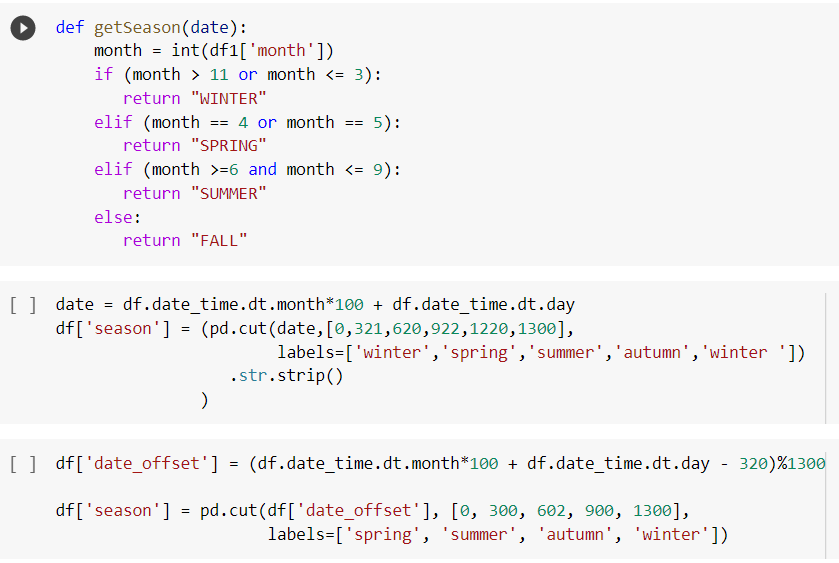
At the start, our team struggled to gather complete data for each city because different datasets covered different cities. While most cities overlapped across our data sources, some did not. To address this, we held a team meeting to decide on a plan of action. We agreed to focus on a list of the 100 most popular cities in the US—cities for which all four team members had data available—and continued our work based on that.
Functionality of Our Project
Our website offers useful features that help users gather essential information about a city. When you search for a city, you can:
• Users can view the historical population and future population trends of the city
• Users can explore the city’s weather patterns, including average high and low temperatures and humidity
• Users can access current rental information, historical rental data, and future trend predictions for 1- to 4-bedroom apartments
• Users can see the historical unemployment rates of the city
• Users can learn about the age demographics of the city’s residents
• Users can discover the top job industries in the city
Users will also be able to compare multiple cities side-by-side using this information.
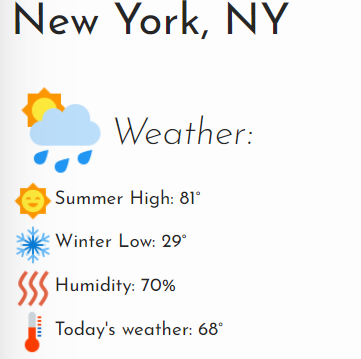
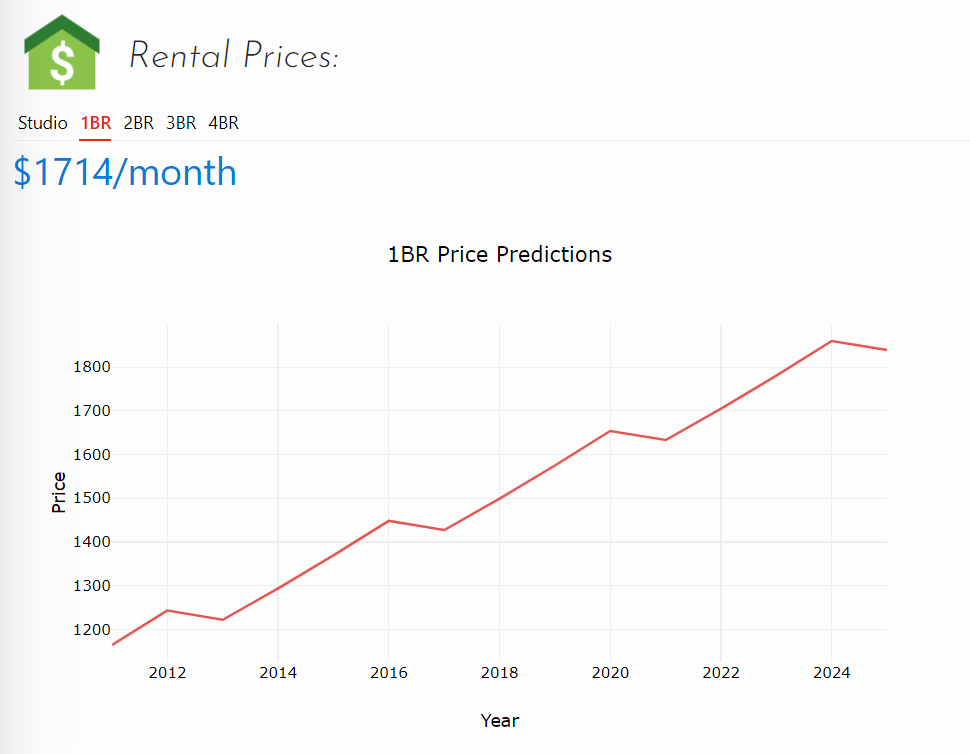
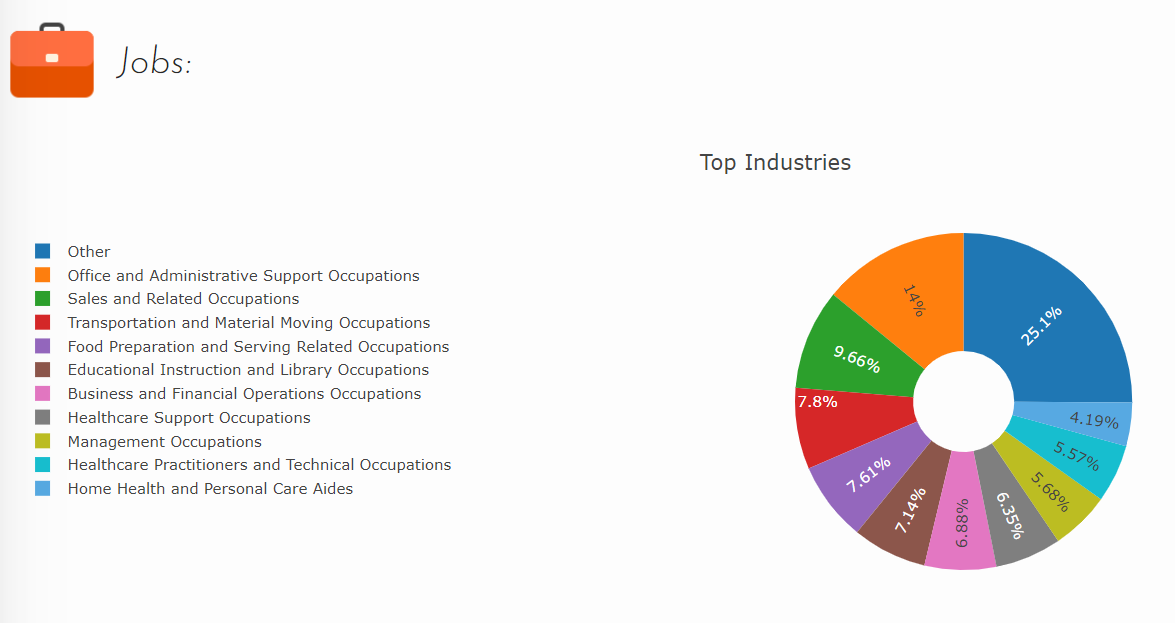
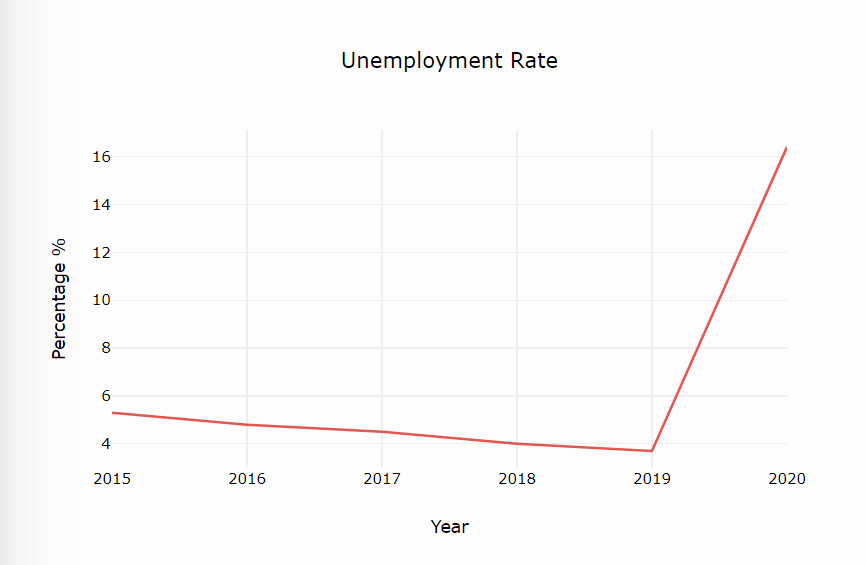
Potential Future Upgrades
Besides the functionalities we currently offer, we plan to add even more features to make our product more useful and user-friendly. In the future, users will also be able to:
• Discover which cities are most similar based on your personal preferences
• Access more detailed weather information, including precipitation, snowfall, and natural disaster data
Conclusion
I’m really proud of the work my team has accomplished so far, creating a useful product within a tight timeframe. I truly believe our website will help people gather important information and make smarter decisions before moving to a new city. If we can implement the additional features we’re planning, our site will become even more powerful and user-friendly.
Credits:
• Bhavani Rajan (Project Lead) - Data Scientist
• Alan Lee - Web Developer
• David Horstman - Web Developer
• Lyndsi Williams - Web Developer
• Rachele Edwards - Web Developer
• Karl Manalo - Data Scientist
• Zack Murray - Data Scientist
• Ekram Ahmed (Myself) - Data Scientist
Resources:
• App

